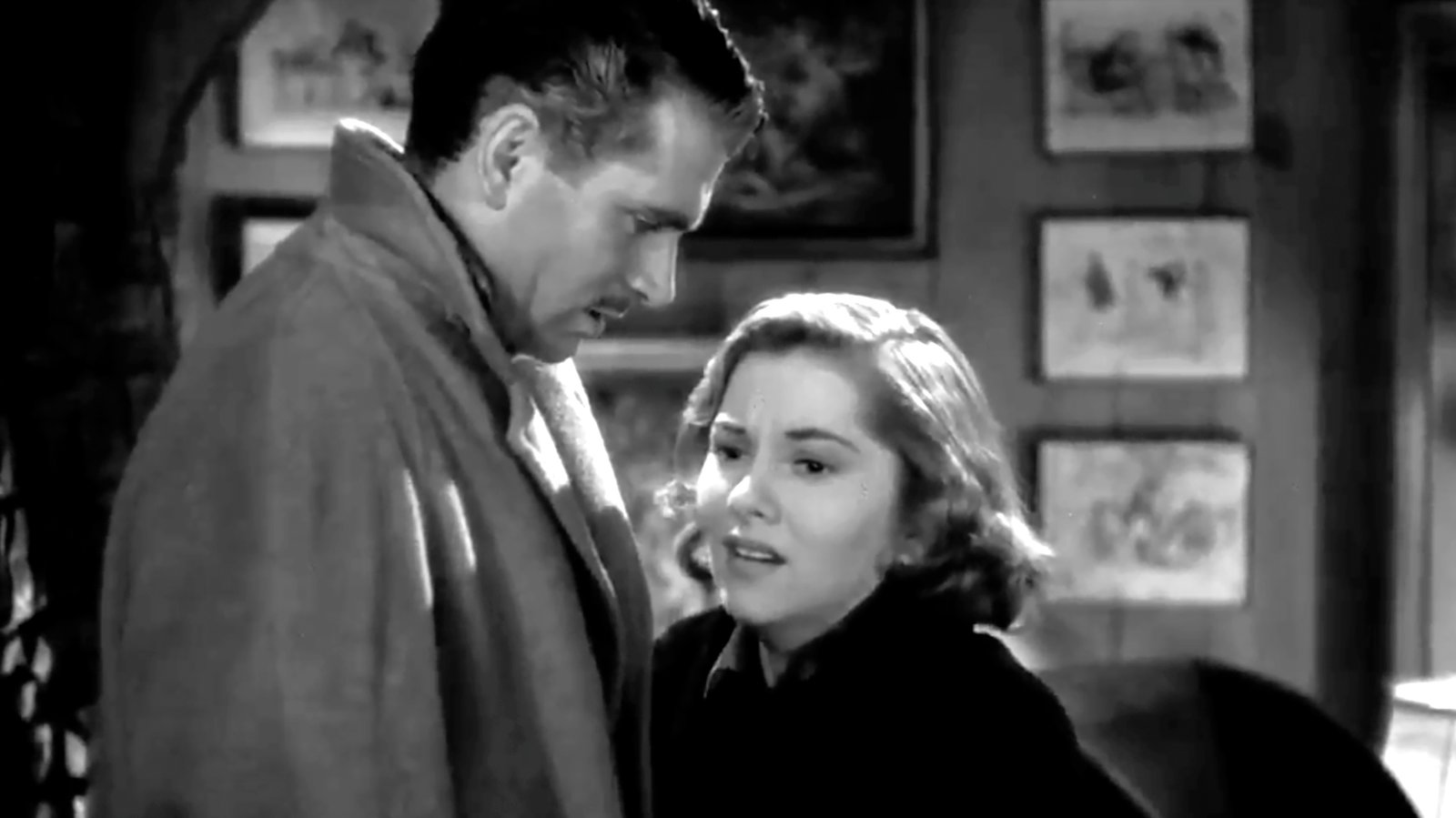
 The Pícaro: a narrator who is characterized by exaggeration and boasting, the first example probably being the soldier in Plautus's comedy Miles Gloriosus.Įxamples in modern literature are Moll Flanders or Simplicius Simplicissimus. Adapted from his findings is the following list: William Riggan analysed in his study discernible types of unreliable narrators, focusing on the first-person narrator as this is the most common kind of unreliable narration. Similarly, historical novels, speculative fiction, and clearly delineated dream sequences are generally not considered instances of unreliable narration, even though they describe events that did not or could not happen.Īttempts have been made at a classification of unreliable narrators. The literary device of the unreliable narrator should not be confused with other devices such as euphemism, hyperbole, irony, metaphor, pathetic fallacy, personification, sarcasm, or satire, in which the narrator is credible, but the narrator's words cannot be taken literally. In many cases the narrator's unreliability is never fully revealed but only hinted at, leaving the reader to wonder how much the narrator should be trusted and how the story should be interpreted. This twist ending forces the reader to reconsider their point of view and experience of the story. A more common, and dramatic, use of the device delays the revelation until near the story's end. For instance, a story may open with the narrator making a plainly false or delusional claim or admitting to being severely mentally ill, or the story itself may have a frame in which the narrator appears as a character, with clues to his unreliability. The nature of the narrator is sometimes immediately clear.
The Pícaro: a narrator who is characterized by exaggeration and boasting, the first example probably being the soldier in Plautus's comedy Miles Gloriosus.Įxamples in modern literature are Moll Flanders or Simplicius Simplicissimus. Adapted from his findings is the following list: William Riggan analysed in his study discernible types of unreliable narrators, focusing on the first-person narrator as this is the most common kind of unreliable narration. Similarly, historical novels, speculative fiction, and clearly delineated dream sequences are generally not considered instances of unreliable narration, even though they describe events that did not or could not happen.Īttempts have been made at a classification of unreliable narrators. The literary device of the unreliable narrator should not be confused with other devices such as euphemism, hyperbole, irony, metaphor, pathetic fallacy, personification, sarcasm, or satire, in which the narrator is credible, but the narrator's words cannot be taken literally. In many cases the narrator's unreliability is never fully revealed but only hinted at, leaving the reader to wonder how much the narrator should be trusted and how the story should be interpreted. This twist ending forces the reader to reconsider their point of view and experience of the story. A more common, and dramatic, use of the device delays the revelation until near the story's end. For instance, a story may open with the narrator making a plainly false or delusional claim or admitting to being severely mentally ill, or the story itself may have a frame in which the narrator appears as a character, with clues to his unreliability. The nature of the narrator is sometimes immediately clear. 
Unreliable narrators are usually first-person narrators, but third-person narrators can also be unreliable. This unreliability can be due to psychological instability, a powerful bias, a lack of knowledge or even a deliberate attempt to deceive the reader or audience. Booth in his 1961 book The Rhetoric of Fiction) is a literary device in which the credibility of the narrator is seriously compromised. In literature and film, an unreliable narrator (a term coined by Wayne C.






 0 kommentar(er)
0 kommentar(er)
